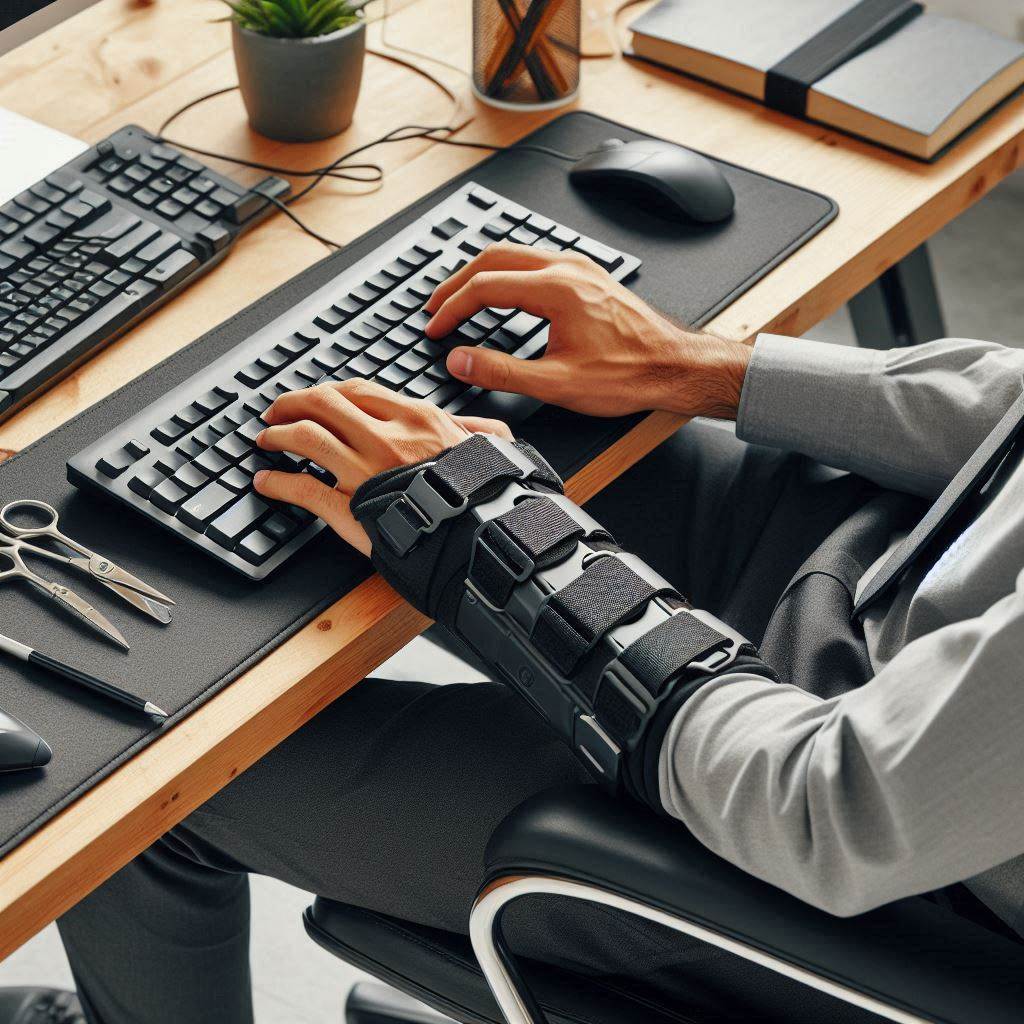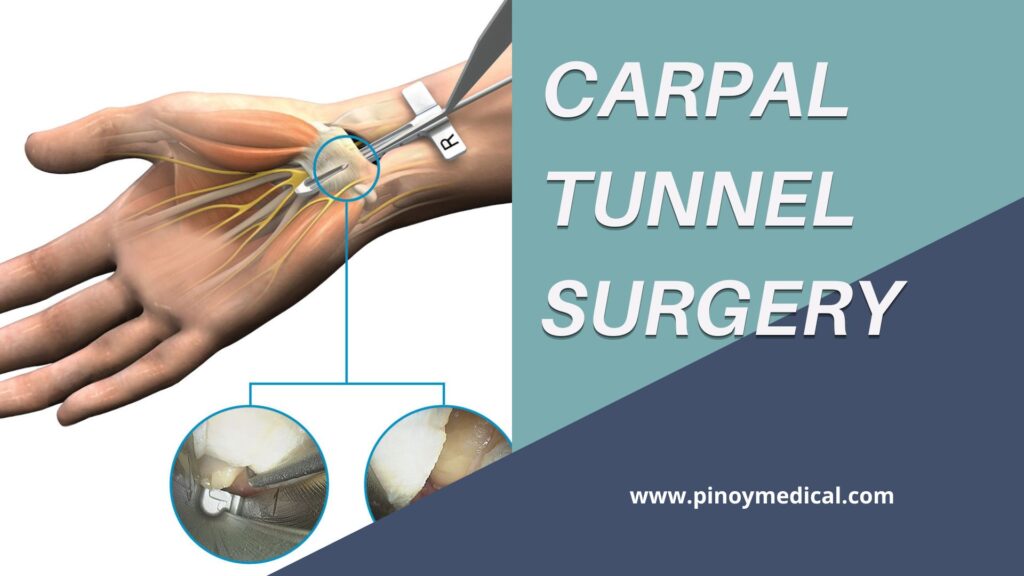The goal of carpal tunnel surgery is to reduce the strain on the middle nerve located in the wrist, which will relieve discomfort, feeling numb, and immobility. The primary goal of the surgery is to restore hand movement for patients with carpal tunnel syndrome. Advantages include greater flexibility and less apprehension allowing patients to get back to their everyday tasks.
Carpal Tunnel Surgery Price
Carpal tunnel surgery is expected to cost between ₱20,000 and ₱100,000, contingent upon the type of facility such as private, public, or outpatient surgical facilities. The form of operation and whether it’s an outpatient or an inpatient process also affects price. PhilHealth and HMO might provide bundles or savings. Please get in touch with local hospitals or clinics immediately for up-to-date pricing, as they may vary greatly.

Popular Hospitals and Clinics that Offer Carpal Tunnel Surgery
Hospitals charge different prices for surgery to repair carpal tunnel because of things including institution type, location, reputation for excellence, and other services. Generally speaking, public hospitals charge fewer fees than those that are privately owned. The list of recognized clinics that provide carpal tunnel surgery is presented below.
| Hospitals/Lab | Location | Contact | |
| Philippine Orthopedic Center | Banawe St. Corner Maria Clara 1104 Quezon City | (02) 87114276 | [email protected] |
| Providence Hospital | 1515 Quezon Avenue West Triangle 1104 Quezon City | 0285586999 | [email protected] |
| Beverly Hills Medical Group | 57 Paseo de Roxas Street 1226 Makati | (02) 82554802 | [email protected] |
| Unihealth-Parañaque Hospital and Medical Center | Dr. A. Santos Ave., Brgy. San Isidro 1720 Parañaque | 0288320641 | [email protected] |
| Philippine General Hospital | HXHP+469, Taft Ave, Ermita, Manila, 1000 Metro Manila | +63 2 8554 8400 local 2538 / 2539 | [email protected] |
| V.L. Makabali Memorial Hospital Inc. | B. Mendoza Street Sto Rosario 2000 San Fernando | (045) 9612442 | [email protected] |
| St. Lukes Medical Center | 279 E Rodriguez Sr. Ave,Quezon City Rizal Drive cor. 32nd St. and 5th Ave Taguig City, | +63287230101 +63287897700 | [email protected] [email protected] |
| Health Hub Physical Therapy, Rehab Medicine and Orthopaedic Clinic Inc. | 2nd Floor, Cobin Place Building, Banawe Street, Barangay St. Peter 1114 Quezon City | 09176731688 | [email protected] |
| World Citi Medical Center | 960 Aurora Boulevard 1109 Quezon City | (02) 89138380 | [email protected] |
| Manila Doctors Hospital | 667 United Nations Ave, Ermita, Manila, 1000 Metro Manila | (02) 8558 0888 | [email protected] |
Video about Carpal Tunnel
FAQs
How long does recovery from surgery for carpal tunnel syndrome take?
It usually take between a few weeks to many months, although recovery times vary. Patients are usually able to return modest activities in a few days, but it can require up to three months to fully recover and resume tasks such as lifting or recurrent motions.
What should I anticipate right away following carpal tunnel surgery?
Patients may have hand and wrist inflammation, swelling, and rigidity right after surgery. It’s critical to maintain the hand elevated and to adhere to the surgeon’s recommendations on wound treatment including activity limitations. To treat discomfort, a prescription for painkillers may be given.
To what extent does carpal tunnel surgery work?
The majority of individuals who undergo carpal tunnel surgery report significant improvement in their level of pain, weakness, and stinging relief. The majority of patients have improvements within a few months following surgery, with rate of success ranging from 70 to 90%.
Will recovery from carpal tunnel surgery require physical therapy?
In order to assist recover the fingers and wrist’s flexibility and power, physical therapy is frequently advised. Patients can accelerate their recovery and increase range of motion by following an exercise program designed by an orthopedic surgeon.
How do I get ready for surgery to remove my carpal tunnel?
A pre-operative assessment is part of the preparation process, and it could comprise an ECG and blood testing. Patients may need to cease taking some medications prior to surgery, so they should let their surgeon know about whatever medicines they are taking.


